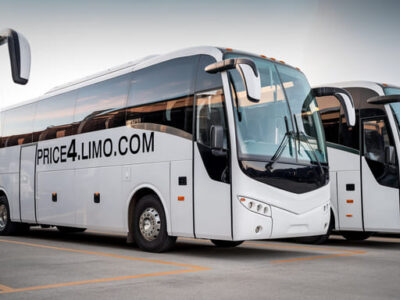In the realm of watersports, surf boats have become increasingly popular, providing enthusiasts with the perfect wave to hone their skills. However, the environmental impact of these powerful machines cannot be ignored. Renting surf boats can be a significantly more sustainable option than private ownership. The core advantage lies in the concept of shared use. Renting allows multiple individuals or groups to utilize the same boat, thereby reducing the overall number of boats manufactured and the resources consumed in their production. This translates to fewer raw materials extracted, less energy expended in manufacturing processes, and a decrease in the amount of waste generated in the long run.
Lower Environmental Impact: A Deeper Dive
Beyond lessened manufacturing demands, renting cultivates responsible consumption. Private boat ownership often results in underutilization, with vessels remaining idle, representing wasted resources and a larger environmental impact per usage hour. Renting promotes efficient fleet utilization, maximizing resource use. Rental companies prioritize boat maintenance and invest in fuel-efficient models, reducing emissions and water pollution. They employ trained professionals who implement environmentally sound maintenance and repair practices, further minimizing environmental impact. This contrasts with individual owners who may lack the expertise or incentive to maintain boats to the same environmental standards. Renting from rent wake bros thereby offers a more sustainable approach to boating, reducing both resource consumption and pollution.
Private Ownership: Increased Resource Consumption and Waste Generation
Private surf boat ownership presents a compelling illustration of how individual consumption patterns can amplify environmental burdens. The lifecycle of a privately-owned boat begins with resource-intensive processes, including the extraction of raw materials, the fabrication of various components, and the energy-demanding assembly stages. Once acquired, the responsibility for the boat’s maintenance rests solely on the owner. This often translates to a frequent schedule of upkeep, repairs necessitated by wear and tear, and eventual replacement of parts. This constant cycle produces a stream of waste, encompassing discarded parts, used fluids like oil and coolant, and empty containers of cleaning supplies.
Environmental Stewardship: Opportunities for Responsible Renting
While renting generally has a smaller environmental footprint, it is crucial to choose rental companies committed to sustainable practices. Look for companies that prioritize regular maintenance, use eco-friendly cleaning products, implement waste reduction programs, and invest in fuel-efficient or electric surf boats. Inquire about their efforts to minimize noise pollution and protect aquatic ecosystems. By supporting environmentally conscious rental companies, you can further reduce the ecological impact of your surfing adventures.
Making Informed Choices for a Sustainable Future
Ultimately, the decision between renting and owning a surf boat has environmental implications. Renting promotes shared use, reduces waste, and encourages efficient resource management. While private ownership can offer convenience and personalization, it often leads to increased consumption and a larger environmental footprint. By carefully considering the environmental consequences and choosing responsible rental options, surf enthusiasts can enjoy their passion for water sports while minimizing their impact on the planet.













Comments